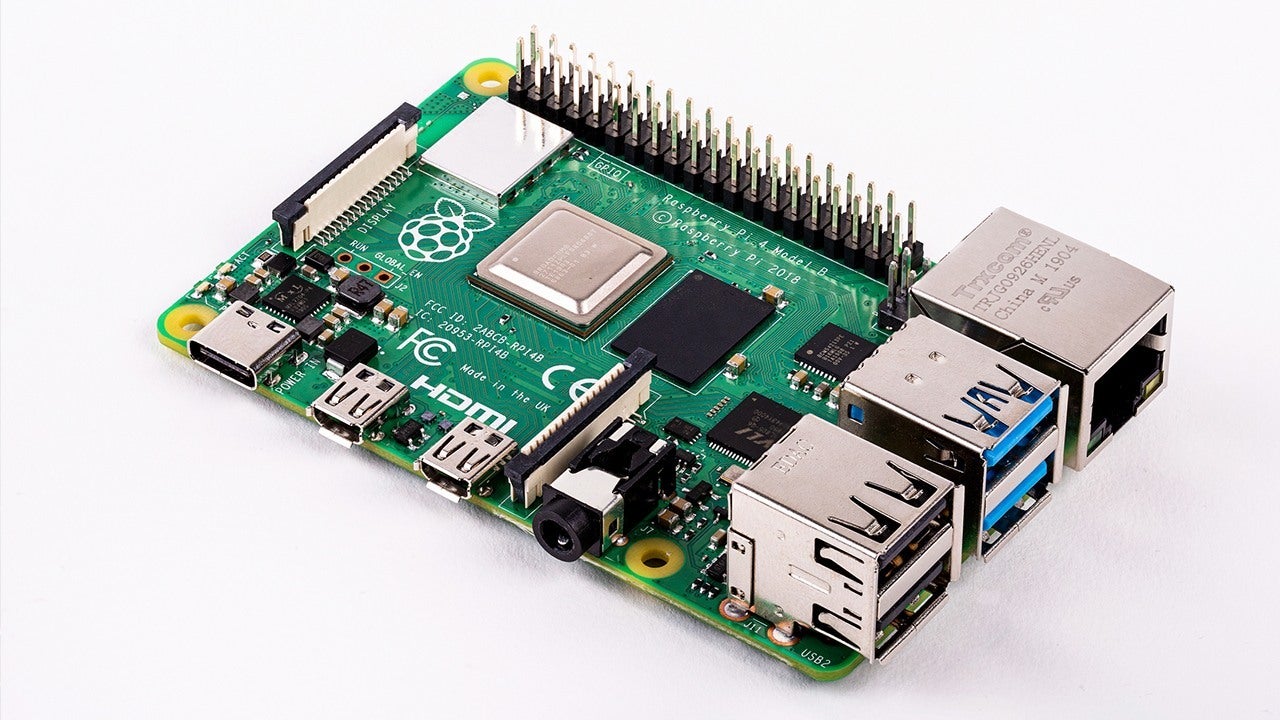Microsoft has officially come out on top in its trial with the FTC, and the judge in the case disagrees with one of the FTC’s big sticking points: that the Nintendo Switch isn’t a true competitor to the current-gen Xbox/PlayStation consoles.
Even though much of the focus was on Sony and obviously Xbox, Nintendo was dragged into the fight in day two of the trial, with the FTC arguing that the Switch is “very different” than the current-gen Xbox and PlayStation consoles. As today’s ruling put it, the FTC “insists the Nintendo Switch’s pricing, performance, and content make it an improper substitute at least for purposes of its preliminary injunction motion.”
Xbox head Phil Spencer, however, said in court that it was “incorrect” to say that Nintendo “isn’t a competitor,” and Judge Jacqueline Scott Corley agrees with him. While acknowledging that the Series X and PlayStation 5 are both a couple of hundred dollars more expensive than the Switch, the ruling caveats that “Xbox set the price of its entry-level Series S to compete with the Switch.” It points to quotes from Xbox CFO Tim Stuart, who said in the trial that the company considered the Switch when setting the price of the Series S.
“And, there are functionality differences between the Switch and the PlayStation and Xbox consoles – the Switch is portable, and it has its own screen and less powerful hardware,” the ruling continues. “However, neither the FTC nor its expert consider the extent to which the Switch’s differentiated features including its price, portability, and battery are factors the customer balances when deciding which console to purchase.”
The court also acknowledges that there are obvious "content differences" between the Switch and PlayStation, but adds that many of the most popular PlayStation and Xbox games are also available on the Switch, citing Fortnite, Minecraft, Rocket League, Lego Star Wars, Fall Guys, and the FIFA, MLB the Show, and NBA 2K franchises.
Even still, the ruling concedes that “the FTC has met its preliminary injunction burden to show the Switch is not included in the relevant market” – but makes a point to say that if the court was the final decisionmaker on that point, it would find Nintendo to be part of the relevant market. So – like countless gaming forums before them – the court and FTC remain in disagreement over where Nintendo stands in the current gaming market.
For more on the four-day trial, check out our in-depth breakdowns for every day from inside the courtroom.
Alex Stedman is a Senior News Editor with IGN, overseeing entertainment reporting. When she's not writing or editing, you can find her reading fantasy novels or playing Dungeons & Dragons.





